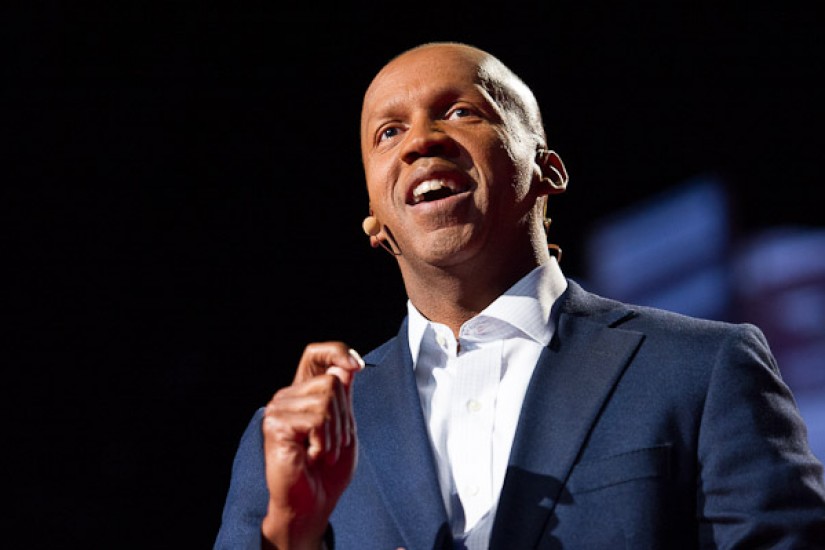The whole narrative of white supremacy was created during the era of slavery. It was a necessary theory to make white Christian people feel comfortable with their ownership of other human beings. And we created a narrative of racial difference in this country to sustain slavery, and even people who didn’t own slaves bought into that narrative, including people in the North. It was New York’s governor — in the 1860s — that was talking about the inferiority of the black person even as he was opposed to slavery. So this narrative of racial difference has done really destructive things in our society. Lots of countries had slaves, but they were mostly societies with slaves. We became something different, we became a slave society. We created a narrative of racial difference to maintain slavery. And our 13th amendment never dealt with that narrative. It didn’t talk about white supremacy. The Emancipation Proclamation doesn’t discuss the ideology of white supremacy or the narrative of racial difference, so I don’t believe slavery ended in 1865, I believe it just evolved. It turned into decades of racial hierarchy that was violently enforced — from the end of reconstruction until WWII — through acts of racial terror. And in the north, that was tolerated.
You don’t have to have owned a slave to be complicit in the institution of slavery, to have benefitted and have cheaper food to buy, cheaper materials, cheaper services, because the providers of the foods and services were using free slave labor. We were all complicit in the institution of slavery, and the same is true in the era of racial terror and lynching. The North and the Congress basically gave up on equality for African Americans, and that set us on a course that we have not yet recovered from. We’ve been really focused on redefining that era — at the beginning of the 20th century and the end of the 19th century — as an era shaped by terrorism. Lynchings were not acts directed at particular individuals, they were acts directed at the entire African American community. And in that respect it was racial terror. A white person being hanged was not the same as an African American being lynched. The violence against African Americans was a message to the entire black community. I think we’ve got to deal with that a lot more honestly.
